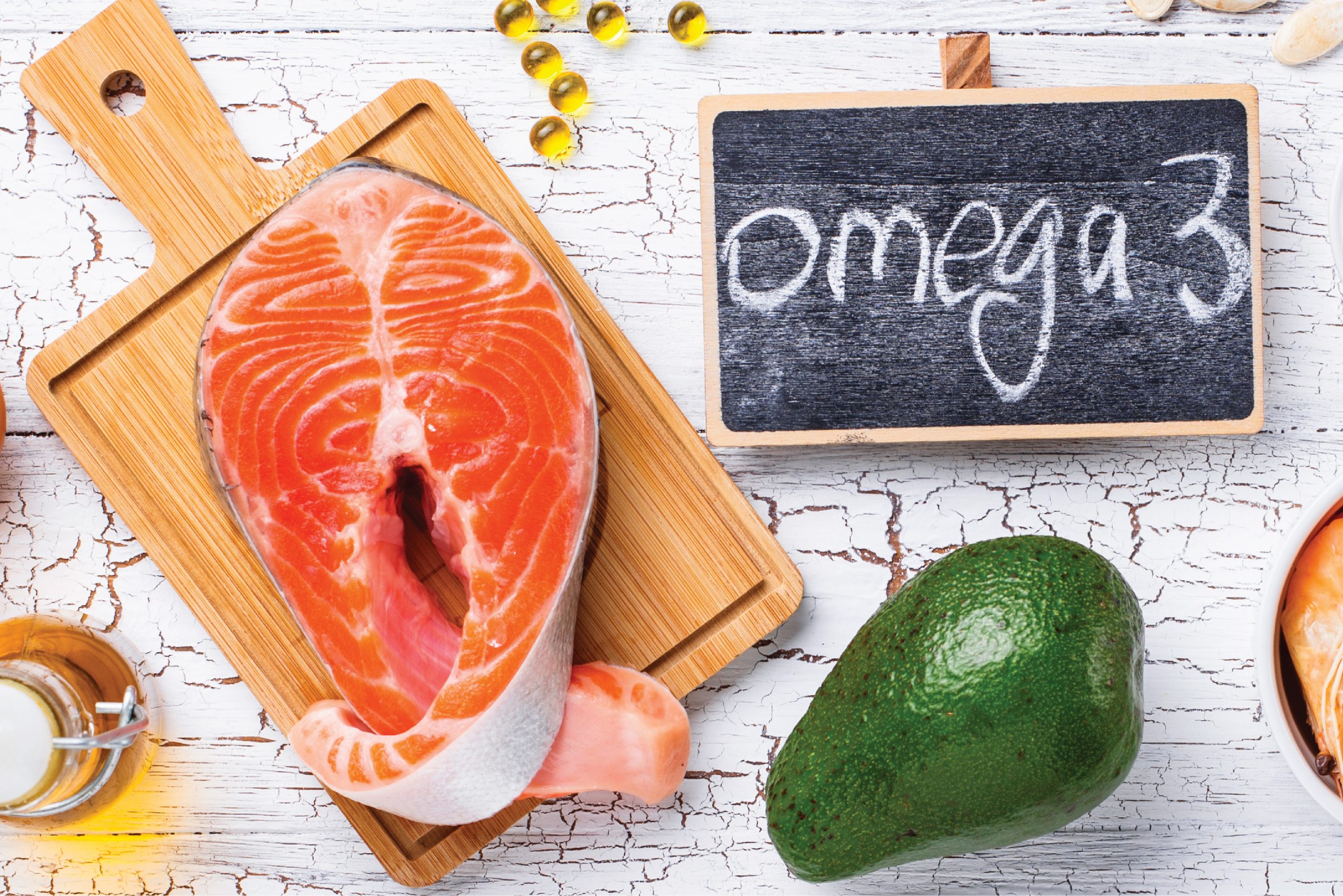Fucoidan Health News November: Does Diet Really Matter When It Comes To Acne?


Does Diet Really Matter When It Comes To Acne?
Can I have milk when I have acne? What foods should I avoid when I’m suffering from acne? There are many questions as well as conflicting information when it comes to acne and diet.
If you suffer from acne, make sure you read this!
1. Can I drink milk when I have acne?
Yes! Drinking a glass of milk or eating a little cheese every day is not a problem. However, this is not the case if you consume a large amount every time. Studies show people who consume too much milk products are 20-40% more likely to develop acne than those who eat moderate amounts. Amino acids in milk promote insulin secretion and induce hepatic insulin-like growth factor-1 (IGF-1) synthesis. IGF-1 is believed to be one of the main triggers of acne breakouts. In addition, it stimulates hair follicle epithelial growth and keratinization. If you are chronically plagued by acne, consider cutting dairy and see if the acne improves. You can also replace cow’s milk with unsweetened soy milk.
2. Can I have sugar and chocolate when I have acne?
Sugar makes us happy, and it’s often hard to say no! Currently, there is no scientific evidence to prove that eating chocolate can cause acne. However, most types of chocolates are made with a lot of sugar, which is generally high-glycemic. Excessive intake leads to blood sugar spikes, which can cause inflammation all over your body, stimulating sebum secretion and prone to acne breakouts. Dark chocolate (made of less sugar and milk) may be a good choice if you are looking to reduce your acne.
3. Should acne patients get rid of processed food such as instant noodles and sausages?
Bacon, sausage, and instant noodles are common breakfast foods because they are convenient. However, these processed foods contain omega-6 fatty acids. Overeating omega-6 fatty acids promote an immune response (initiating the body’s inflammatory response to fight germs). This can easily trigger your body’s inflammatory response, leading to irritated skin and inflammatory conditions. Also, cutting these foods out of your life completely is quite difficult. So having them once in a while won’t cause harm. Just remember not to eat these foods too often.
Anti-Acne Diet
For better skin and fewer pimples and acne breakouts, eat foods containing zinc and Omega-3 more. Also, drink plenty of water and green tea. If you can’t get these nutrients from your diet, consider getting them from supplements.

- Eat foods that are high in zinc
The anti-inflammatory effects of zinc reduce swelling and redness in your body. Foods with high zinc content include oysters, beef, lamb, pumpkin seeds, etc. - Drink more green tea
Green tea is rich in polyphenols and antioxidants, which can reduce inflammation and promote sebum metabolism. It is also good for the skin and can prevent cancer. - Omega-3 fatty acids help reduce inflammation
The anti-inflammatory properties of Omega-3 reduce the body’s abnormal inflammation. Hence, an appropriate supplementation can aid in treating acne. Foods rich in Omega-3 include chia seeds, salmon, deep-sea fish, and more.
💡Tips for washing your face properly
We tend to believe that acne is caused by having dirty skin. However, washing your face too much can strip away the protective oil layer, making your skin sensitive. It also destroys the protective barrier and stimulates the skin to secrete more oil. It’s best to clean your face twice a day with a mild facial cleanser. We recommend washing your face with warm water to remove makeup, excess sebum, and pollutants, then rinse with cool water to help shrink pores and promote blood circulation.
It’s also important to remember that everyone’s body is different. Eat your favorite foods in moderation. If you find some foods that may worsen your acne, reduce or cut them out of your diet. Maintaining healthy skin requires more than just changing your diet. Exercise and adequate rest also have an impact. Finally, if your acne has not improved with good skincare and dietary changes, consult a dermatologist and take oral medication or ointment.
References:
https://www.ncbi.nlm.nih.gov/pmc/articles/PMC6115795/
https://www.ncbi.nlm.nih.gov/pmc/articles/PMC5119990/
https://www.ncbi.nlm.nih.gov/pmc/articles/PMC5318522/
